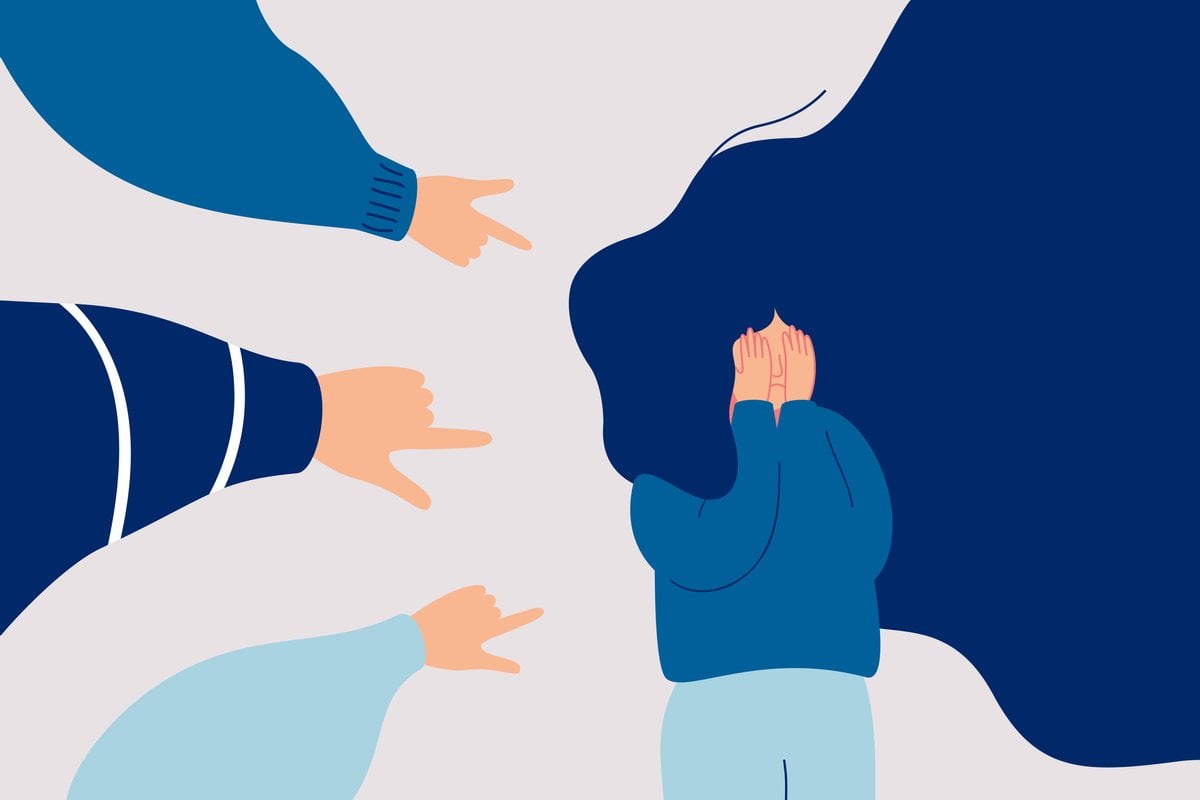
In business, we talk about the dangers of rewarding poor performance or bad behaviour. But in institutions that are apparently turning out our future leaders – and what aspiring school doesn't claim that? – the powers that be often make no more than tokenistic noises when an issue arises. Then they go back to business as usual.
As society tries to stamp out the "boys will be boys" excuse for bad male behaviour, it seems stories of girls bullying are met with an eye roll and an "ugh, teenage girls".
Why do we allow and enable girls to behave so badly and sometimes even reward that behaviour?
According to the Australian Human Rights Commission, 20 per cent of males and 15 per cent of females report being bullied at least once a week – frightening statistics were made even more frightening when my daughter's best friend turned on her last year and started bullying her relentlessly.
And yes, she recruited and was enabled by other girls. No one bullies alone.
Watch: What do you advise your child if they're being bullied? Post continues after video.

Top Comments